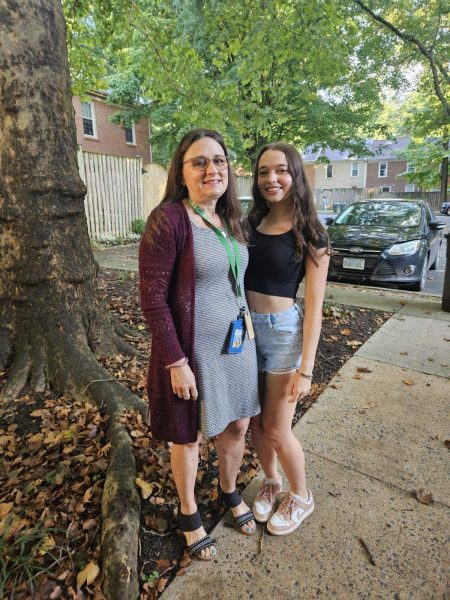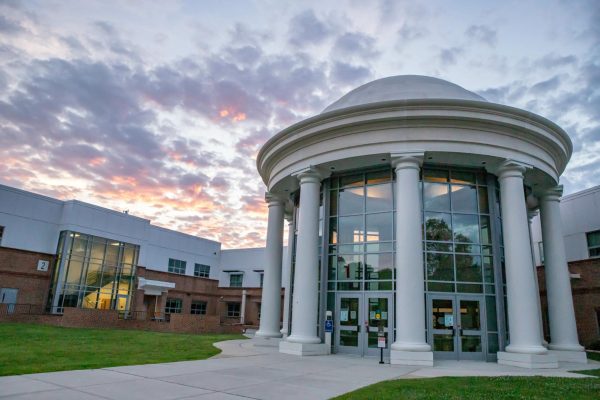The Road to Success: Normalizing college alternatives
College is an expectation for many high school students. The questions of “Which colleges will I get into” and “Which colleges can I afford” loom over the heads of many. Some students may see it as a stigma that forces people to look past alternative options for education. However, online job-matching databases and trade schools are excellent options for students who prefer hands-on learning and are interested in alternative fields.
Throughout the four years of high school, the assumption of many is that a young adult will continue their education towards a college degree. This path is the most talked about, as well as the most common path to take. There are countless benefits that go along with a college degree; however, this path may not be the best option for those who may struggle to afford college tuition. Many students end up with significant debt and are met with the challenge of paying that debt as they enter the workforce. Although it is not commonly discussed, this is not an uncommon position to be in. With national student debt rising, there are more discussions about alternatives to traditional education.
According to a CNBC article published in 2020, 56% of students in college say they would not be able to afford college with their current income. Of those, 7% of college students had to unenroll and begin a full-time career. The cost of tuition is a primary concern, but certainly not the only one as people need alternatives that will give them the equal and necessary skills to succeed.
In the 2019-2020 academic year, the average annual cost of a four-year public college including room and board totaled $21,950, leading to about $22,919 in student loan debt that would generally take around 20 years to repay. The average annual cost of a private four-year college was steeper still at $49,870. The average price of a trade school starts from $3,600 to $14,500 depending on the career you choose, and online database, Praxis, which matches a user to a full-time paid internship for a job that best suits them is completely free.
Students often attend trade school instead of a college as entering a trade offers personal fulfillment, high salary potential, and job stability. Trade schools generally cost less and take less time to complete than traditional four-year college degrees; earning a vocational certificate or degree takes approximately 1-2 years. Trades such as Electricians, Plumbers, HVAC technicians, and Welders are in high demand, but continuing education is essential to stay competitive.
The other alternative, Praxis, is open to anybody looking for a career and does not require a prior degree. In order to apply, a person must complete the application that can be found on the Praxis website. A user lists their contact information and responds to interview questions generated by the site. The questions let Praxis know whether or not the person would be a good fit for this process. Once completed, Praxis will email the applicant letting them know whether or not they’ve moved on to the second round. This process is short, effective, and a great alternative for people who may not find college as the best fit.
“I’m unapologetically opposed to the mind-bending, utterly indefensible skyrocketing cost of tuition,” TV Host Michael Rowe says.
With new platforms similar to Praxis, there are new opportunities being presented for those who don’t see college as a viable option. As more light is shed on the non-college approach to a career, there is an added respect for those who choose to go in that direction with greater opportunities to achieve success.

Luke Cavey is a senior at South Lakes High School and is on the opinion team for the South Lakes Sentinel. Luke can often be seen at Lake Fairfax skatepark....

Madeline Miller is a Senior at South Lakes High School, as well as a Co-Editor In Chief for the Sentinel. She is on the varsity cheer and gymnastics team...














